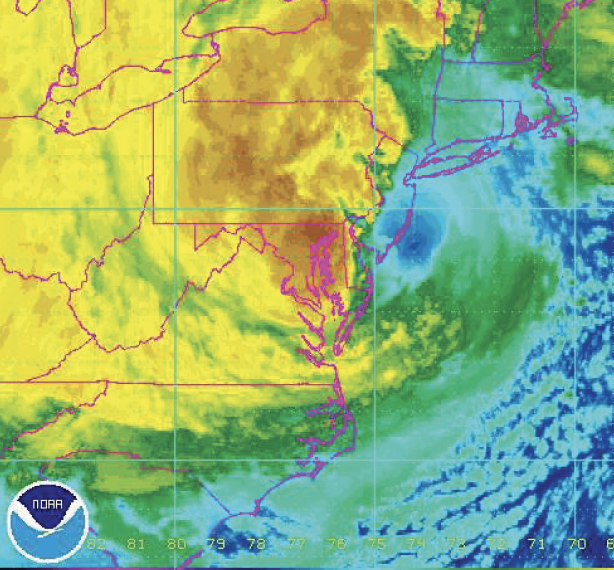- Details
TOWARDS THE 2018 CITIES AND CLIMATE CHANGE SCIENCE CONFERENCE
An international conference on cities and climate change science will be held in 2018 to further develop the scientific understanding of climate change and cities, in support of the implementation of the Paris Agreement, the New Urban Agenda, and the Sustainable Development Goals. Cities interested to host it are invited to apply by January.
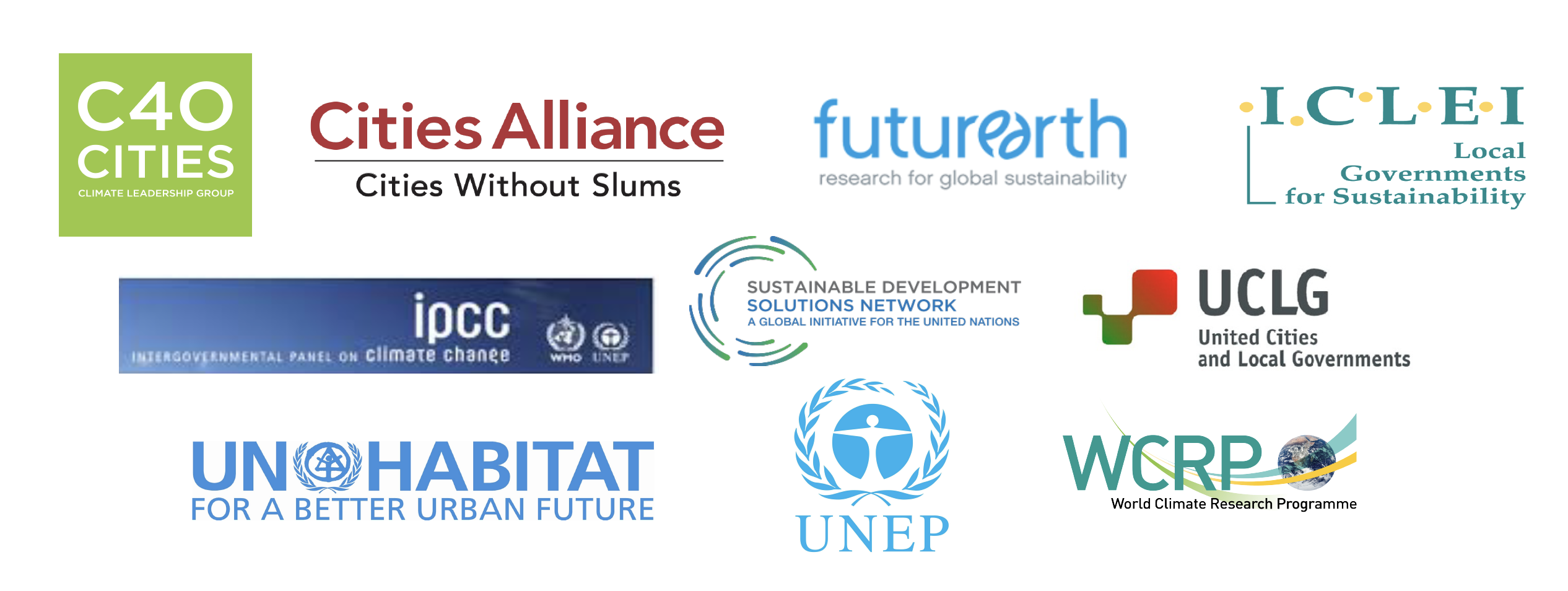
- Details
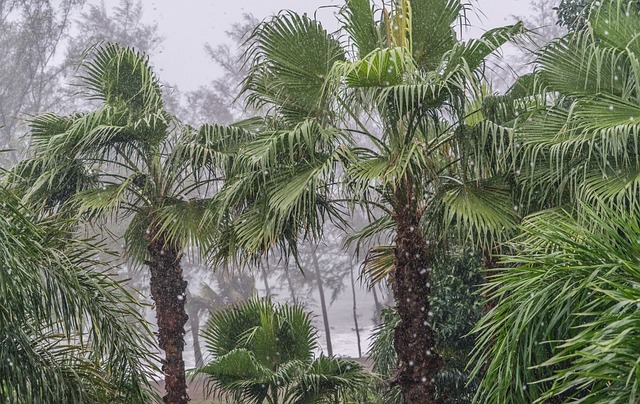 16-21 January 2017
16-21 January 2017
Jeju Island, Republic of Korea
This is the last DAY to apply for the WCRP-JNU Training School on Monsoon Variability in Changing Climate. It is going to be a fantastic school, with applications coming in from all over the world. Don't miss out!
Apply here! Deadline: 15 November 2016
- Details
![]() The November 2016 CLIVAR Bulletin includes a thank you from the CLIVAR Scientific Steering Group Co-chairs to those who attended the CLIVAR Open Science Conference, reflections on the CLIVAR Early Career Scientists Symposium 2016, a link to the WCRP Communication Survey, a call for US CLIVAR Panel Member nominations, an overview of CLIVAR participation in the 16th SOLAS SSC meeting, and lots, lots more!
The November 2016 CLIVAR Bulletin includes a thank you from the CLIVAR Scientific Steering Group Co-chairs to those who attended the CLIVAR Open Science Conference, reflections on the CLIVAR Early Career Scientists Symposium 2016, a link to the WCRP Communication Survey, a call for US CLIVAR Panel Member nominations, an overview of CLIVAR participation in the 16th SOLAS SSC meeting, and lots, lots more!
- Details
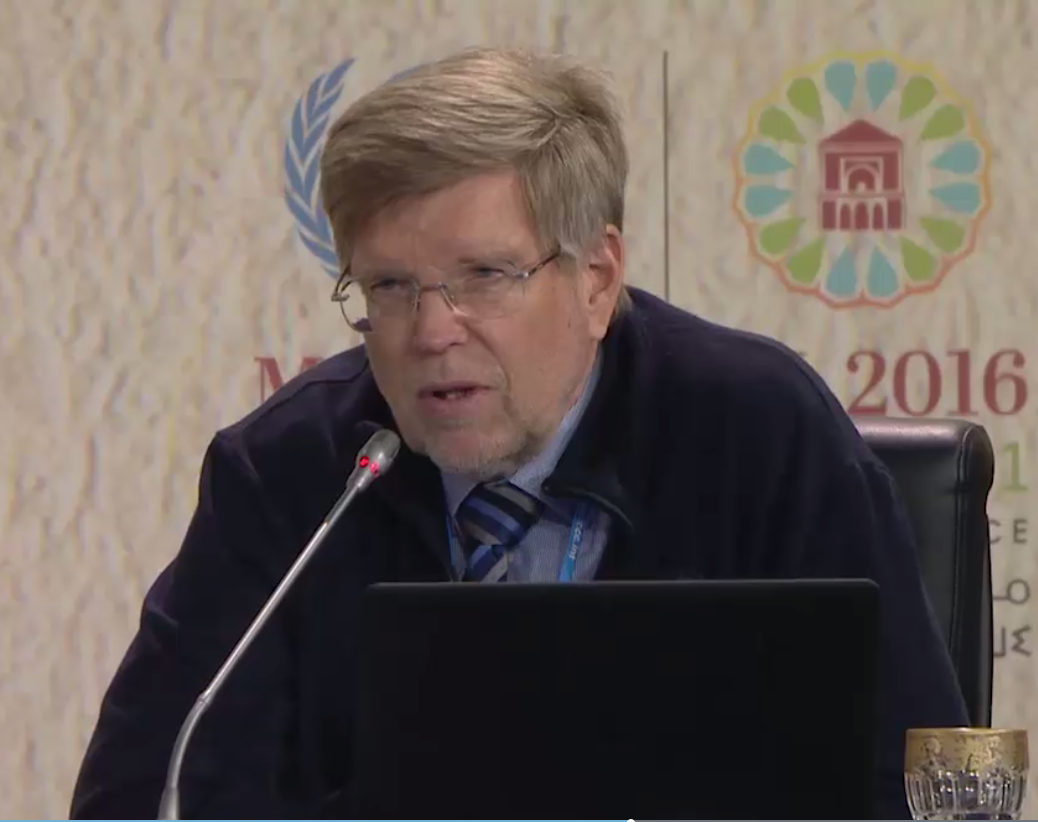
Yesterday was Earth Information Day, which encouraged engagement between the science community and other stakeholdes and provided an up–to-date picture of the state of the climate and an outlook on developments and opportunities.
The programme (with slides) and webcast are available to view.
WCRP's Director, David Carlson, gave a presentation on 'Products and indicators to monitor the state of the climate system' (slides, webcast (at 1:43:04)). The take home message is that there are three main indicators that provide a good measure of the state of the climate system: heat/energy, carbon (CO2 and CH4) and sea level (heat/water). These indicators also have in common that they are assembled and calibrated by large teams of researchers, are open access, are reviewed and published in the Earth System Science Data journal and can be supplied on annual (or at least less than 5 year) timescales.
For more information on Earth Information Day also see this collection of impressions from UN Adaptation.
- Details
Most of the papers in the CMIP6 Experimental Design and Organization special issue of Geoscientific Model Development (GMD) have now been finalized, with a few still waiting on final submission confirmation. Papers included in this special issue are listed below and can be accessed on the GMD website. This special issue is a fantastic achievement by the CMIP6 Community and shows the extent of the project's capabilities.
- Details
- Where does the carbon go?
- How does the weather change with climate?
- How does the climate influence the habitability of Earth and its regions?
 This and other official images available from IISD Reporting Services.
This and other official images available from IISD Reporting Services.- Details
The WCRP Communication Survey is now live on the WCRP website. Communication has a direct impact on how successful we are in implementing our plans and conducting our activities. However, given the scope of the WCRP Programme, determining where we are and are not communicating well is a difficult task. This is why we need your help. If you could take a few minutes to complete this survey we will be able to effectively target improvements in current communications, which will benefit us all and the future of the entire Programme.
Deadline for responses is 15 January 2017.
- Details
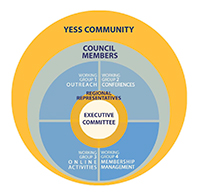 The Young Earth System Scientist (YESS) Community have just published an article online (early online release available here) in the Bulletin of the American Meteorological Society describing the long-term vision for the frontiers of Earth system science, paving the pathway towards an integrated understanding of the Earth system.
The Young Earth System Scientist (YESS) Community have just published an article online (early online release available here) in the Bulletin of the American Meteorological Society describing the long-term vision for the frontiers of Earth system science, paving the pathway towards an integrated understanding of the Earth system.
- Details
Where will the carbon go?
How will the weather change?
How do we maintain habitability?
For more information download the flyer.
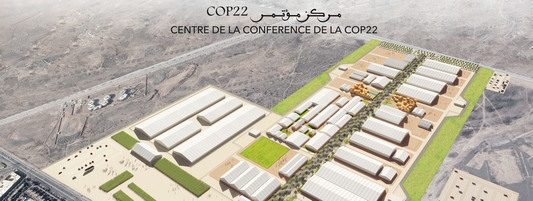
- Details
![]() CORDEX are pleased to announce that a subset of the Euro-CORDEX simulations (EUR-11 and EUR-44), bias-adjusted by several different methods, are now openly available on the Earth System Grid Federation (ESGF) under the CORDEX-Adjust Project. Currently the bias-adjusted daily data for min/mean/max temperature and precipitation are available. All ESGF CORDEX users can access the bias-adjusted CORDEX RCM data under the general CORDEX terms of use (unrestricted or non-commercial). Information on bias-adjusted methods and on how to access the bias-adjusted CORDEX simulations can be found under bias-adjusted RCM data on the CORDEX website. For all groups interested in submitting CORDEX simulations bias-adjusted by their bias-adjustment methods there are step-by-step instructions on the CORDEX website.
CORDEX are pleased to announce that a subset of the Euro-CORDEX simulations (EUR-11 and EUR-44), bias-adjusted by several different methods, are now openly available on the Earth System Grid Federation (ESGF) under the CORDEX-Adjust Project. Currently the bias-adjusted daily data for min/mean/max temperature and precipitation are available. All ESGF CORDEX users can access the bias-adjusted CORDEX RCM data under the general CORDEX terms of use (unrestricted or non-commercial). Information on bias-adjusted methods and on how to access the bias-adjusted CORDEX simulations can be found under bias-adjusted RCM data on the CORDEX website. For all groups interested in submitting CORDEX simulations bias-adjusted by their bias-adjustment methods there are step-by-step instructions on the CORDEX website.
- Details
![]() The October 2016 CLIVAR Bulletin includes highlights of the CLIVAR Open Science Conference and provides an opportunity to comment on the new draft CLIVAR Science Plan. Save the date for the big 2017 "Regional Sea Level Changes and Coastal Impacts" conference and submit your application for the WCRP-JNU Training School on Monsoon Variability in a Changing Climate. Find out more about the Atlantic Meridional Overturning Circulation and how it affects our climate system. Plus lots, lots more!
The October 2016 CLIVAR Bulletin includes highlights of the CLIVAR Open Science Conference and provides an opportunity to comment on the new draft CLIVAR Science Plan. Save the date for the big 2017 "Regional Sea Level Changes and Coastal Impacts" conference and submit your application for the WCRP-JNU Training School on Monsoon Variability in a Changing Climate. Find out more about the Atlantic Meridional Overturning Circulation and how it affects our climate system. Plus lots, lots more!
- Details
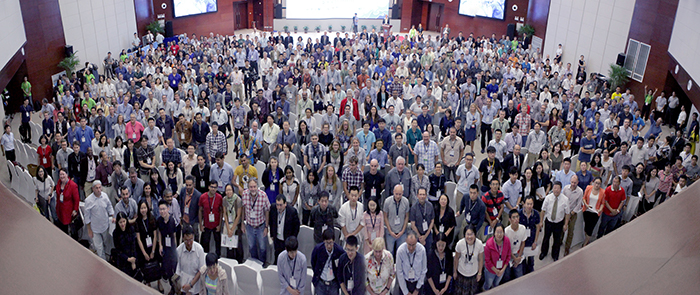
Over five days scientists showcased the major advances in climate and ocean research and identified the way forward for WCRP's Climate and Ocean Variability, Predictability and Change (CLIVAR) Project.
- Details
 16-21 January 2017
16-21 January 2017
Jeju Island, Republic of Korea
Applications are now open for the WCRP-JNU Training School on Monsoon Variability in Changing Climate.
Apply now! Deadline: 15 November 2016
- Details
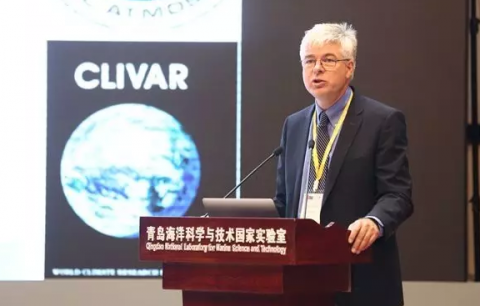 Highlights from the CLIVAR Open Science Conference:
Highlights from the CLIVAR Open Science Conference:- Details
![]() The latest SPARC eNews bulletin includes an open call for SPARC Scientific Steering Group membership, information on the WCRP-SPARC Workshop: Challenges for Climate Science, details of the Summer School on Atmospheric Composition and Dynamics and much, much more.
The latest SPARC eNews bulletin includes an open call for SPARC Scientific Steering Group membership, information on the WCRP-SPARC Workshop: Challenges for Climate Science, details of the Summer School on Atmospheric Composition and Dynamics and much, much more.
- Details
New York, NY, USA
The WCRP, jointly with the Intergovernmental Oceanographic Commission of UNESCO (IOC), invites you to an international conference on sea level research that will address the existing challenges in describing and predicting regional sea level changes, and in quantifying the intrinsic uncertainties. For more see the conference flyer.
- Details
![]() In this issue of GEWEX E-News:
In this issue of GEWEX E-News:
- Showcasing your GEWEX related papers
- The International Prize for Model Development and International Data Prize
- Webinar Series on Applications of Remote Sensing to Soil Moisture and Evapotranspiration
- Call for International Soil Modeling Consortium (ISMC)-CROSS Panel Members
- Special INARCH Issue of Earth System Science Data
- and more...
- Details
 Applications are now invited for groups within, and linked to, CORDEX communities across the globe to propose 'Flagship Pilot Studies' (FPS). The FPS will focus on sub-continental-scale targeted regions, so as to allow a number of capabilities towards addressing key scientific questions and needs of the vulnerability, impact & adaptation community and end users. FPS proposals should be driven by the regional CORDEX communities, although sharing common protocols so as to allow easier exchange of know-how. FPS proposals will be reviewed and endorsed by the CORDEX Science Advisory Team, together with selected external reviewers, according to the criteria listed in the 'FPS Criteria & Guidelines' document. Further details on the FPS, together with instructions on how to submit your proposal and an application template, can be found on the FPS webpage. There will be 3 deadlines per year for FPS proposals: 15th February, 15th June and 15th October 2016. Successful proposals from the third round of 2016 (15 October) will be presented on the CORDEX website.
Applications are now invited for groups within, and linked to, CORDEX communities across the globe to propose 'Flagship Pilot Studies' (FPS). The FPS will focus on sub-continental-scale targeted regions, so as to allow a number of capabilities towards addressing key scientific questions and needs of the vulnerability, impact & adaptation community and end users. FPS proposals should be driven by the regional CORDEX communities, although sharing common protocols so as to allow easier exchange of know-how. FPS proposals will be reviewed and endorsed by the CORDEX Science Advisory Team, together with selected external reviewers, according to the criteria listed in the 'FPS Criteria & Guidelines' document. Further details on the FPS, together with instructions on how to submit your proposal and an application template, can be found on the FPS webpage. There will be 3 deadlines per year for FPS proposals: 15th February, 15th June and 15th October 2016. Successful proposals from the third round of 2016 (15 October) will be presented on the CORDEX website.
- Details
Frédéric Vitart et al. 2016
A database containing sub-seasonal to seasonal forecasts from 11 operational centres is available to the research community and will help advance our understanding of the sub-seasonal to seasonal time range. The S2S database represents an important tool to advance our understanding of the sub-seasonal to seasonal time range. In particular, this database will help identify common successes and shortcomings in the model simulation and prediction of sources of sub-seasonal to seasonal predictability and is an important tool for case studies of extreme events. For more see the full article in the Bulletin of the American Meteorological Society (Early Online Release) (OPEN ACCESS).
- Details
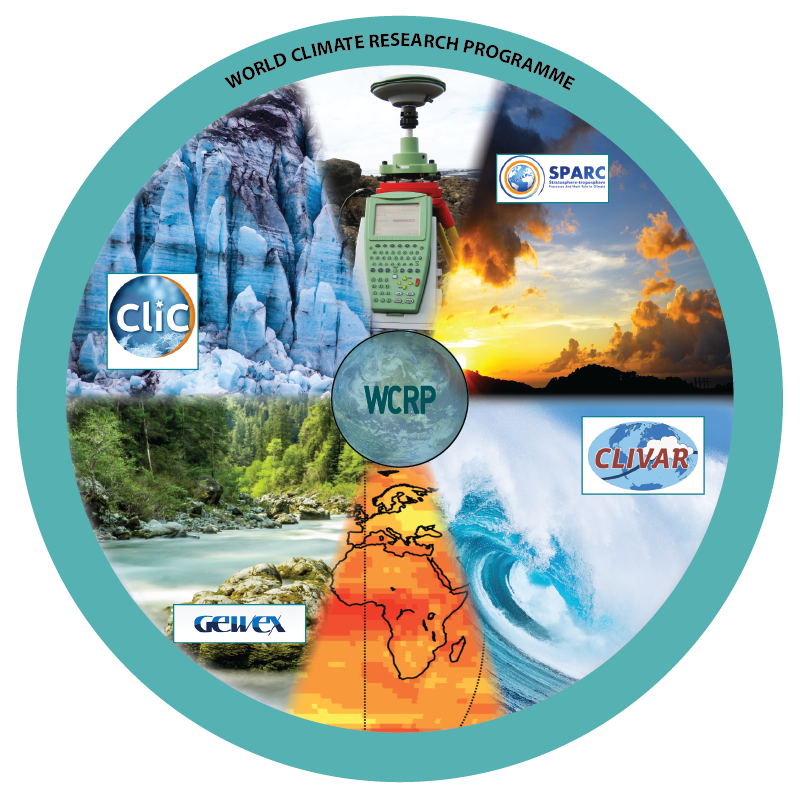
September, 2016
Over the next few months we intend to prepare a useful and accessible WCRP summary document. We hope the document will serve three purposes: a brief summary of recent accomplishments and impact, a ‘review’ document to meet the needs of the up-coming International Council for Science (ICSU) review of WCRP, and a WCRP outlook for the next several years recognising present and future challenges especially as influenced by the Paris climate agreement.
- Details
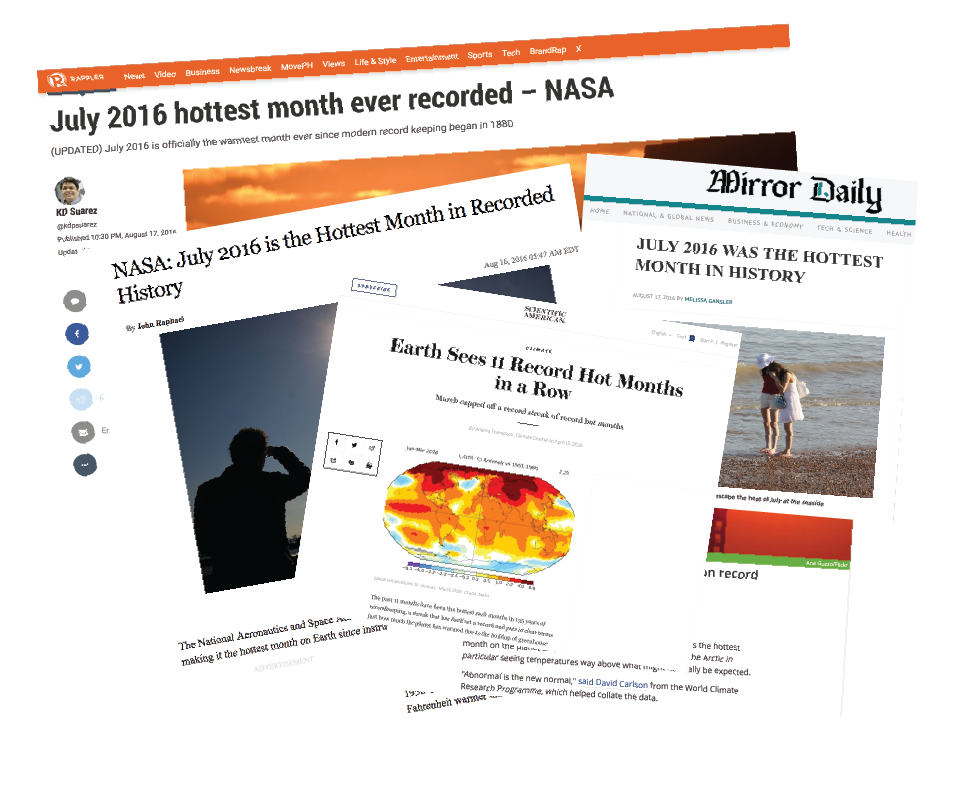 September, 2016
September, 2016
Print and broadcast media and the blogosphere carry urgent news about the climate system: global atmospheric CO2 at record high levels (above 400 ppm), another consecutive month of record warmth in surface air temperatures, recent extreme flood and drought events in many locations (even if the western press focuses primarily on Louisiana), reduced coverage of Arctic sea ice (seriously low but not ‘off the charts’ if you follow the Alfred-Wegener-Institut (AWI) / University of Bremen product), and the list goes on.
- Details
September, 2016
CLIVAR Open Science Conference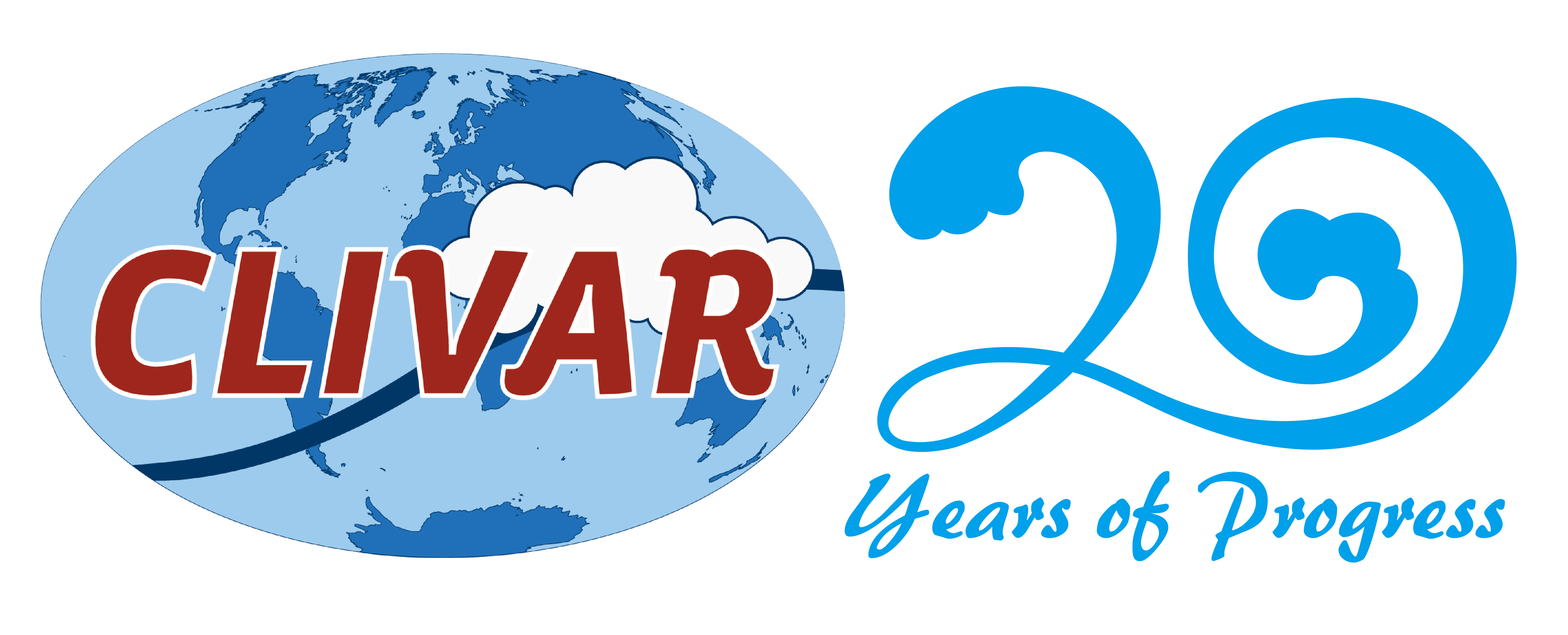
“Charting the course for climate and ocean research”
18-25 September 2016
Qingdao, China
Highlights that you will not want to miss



